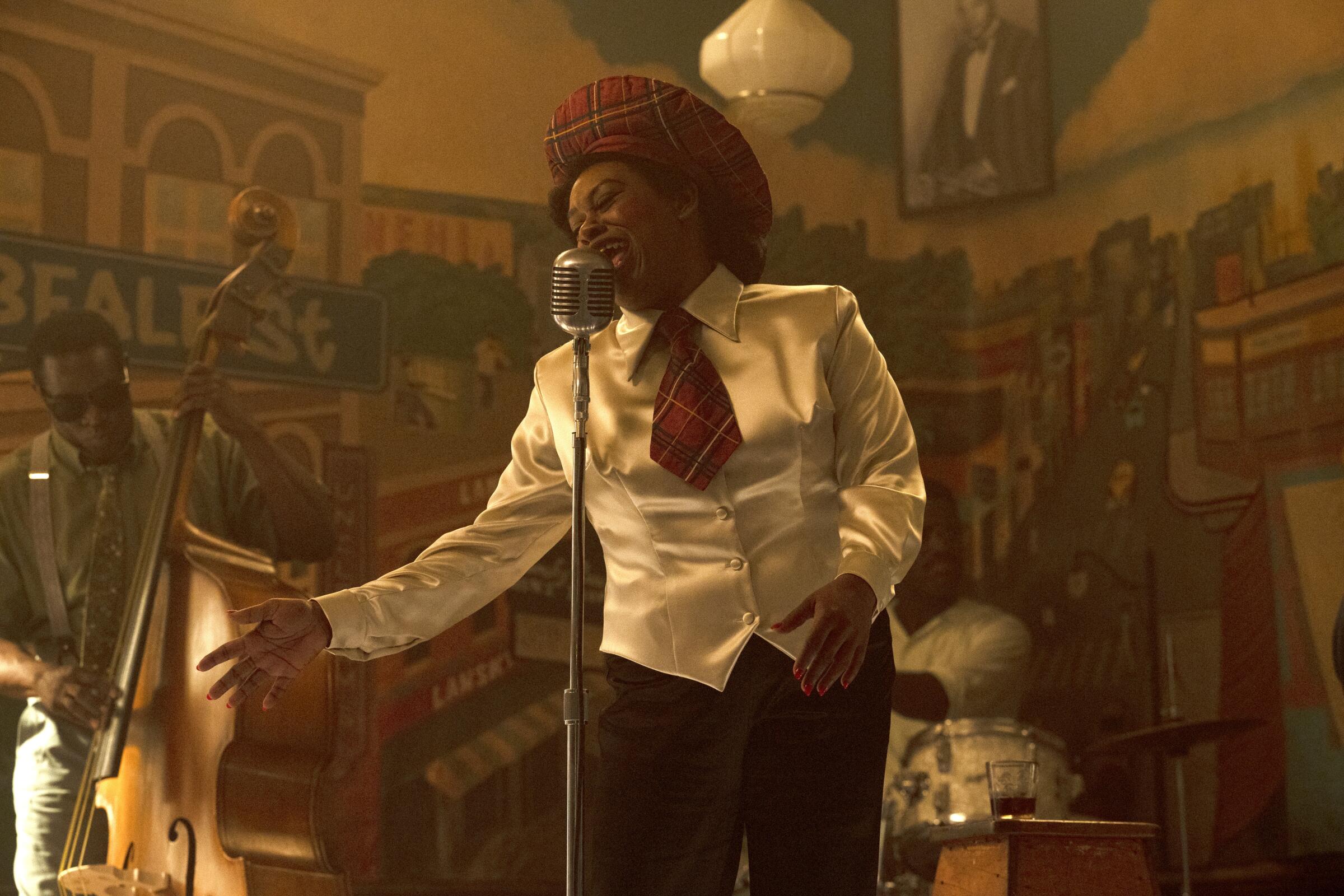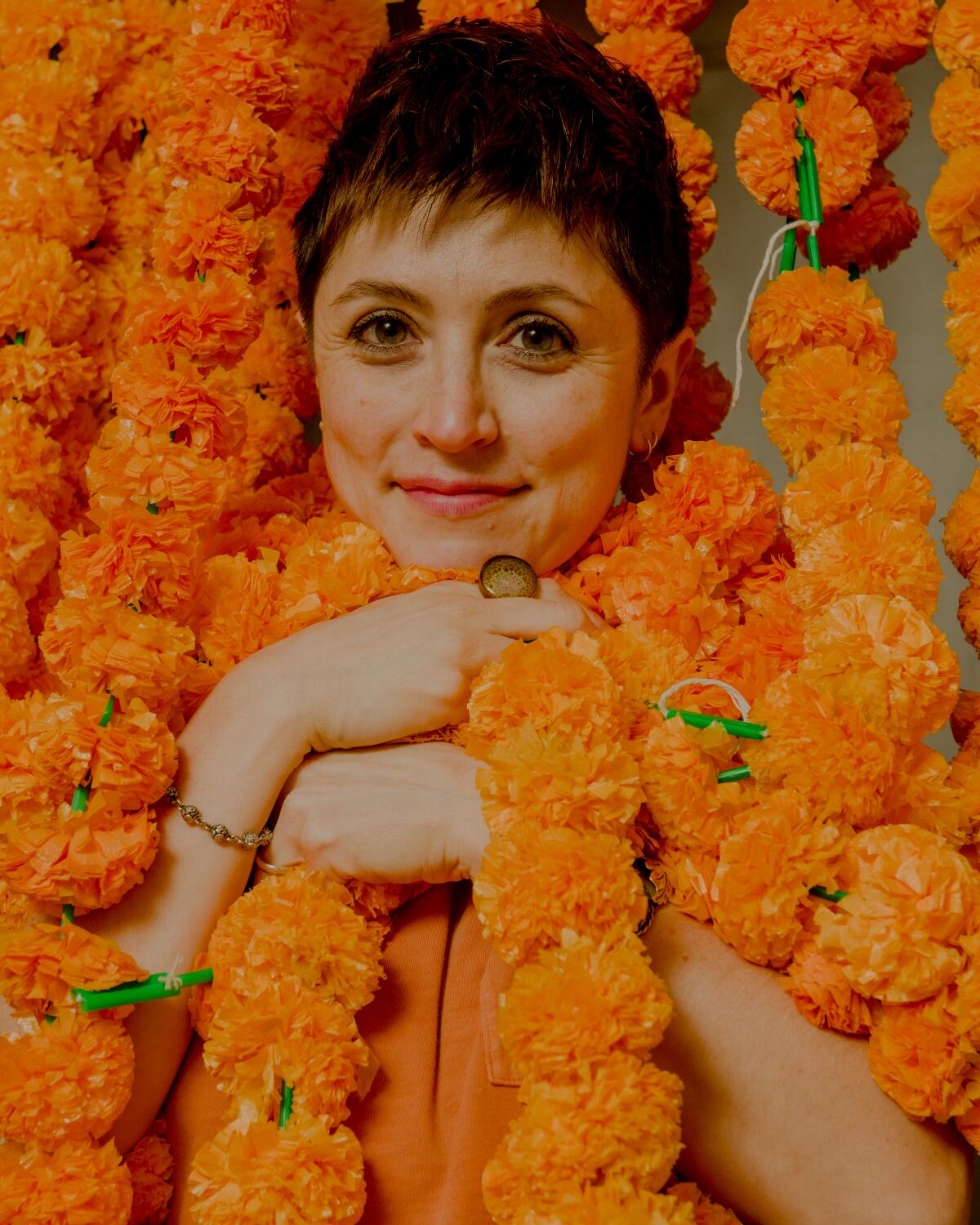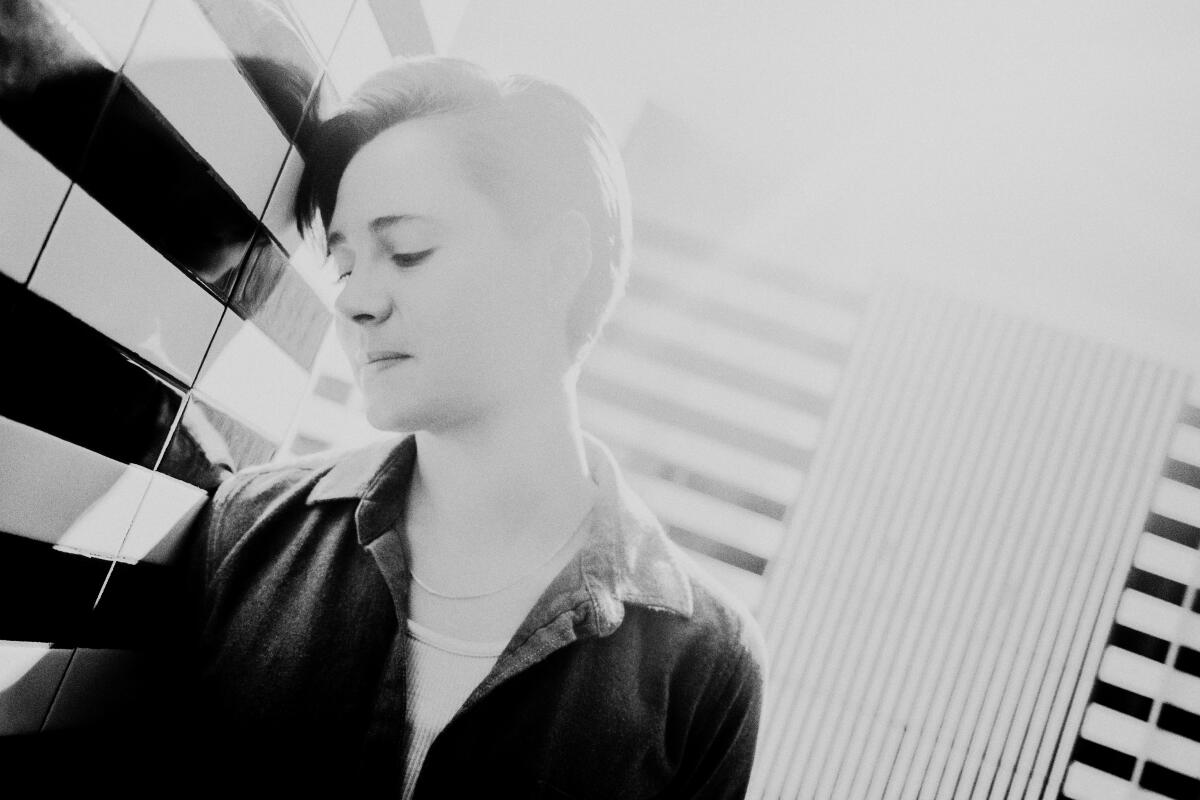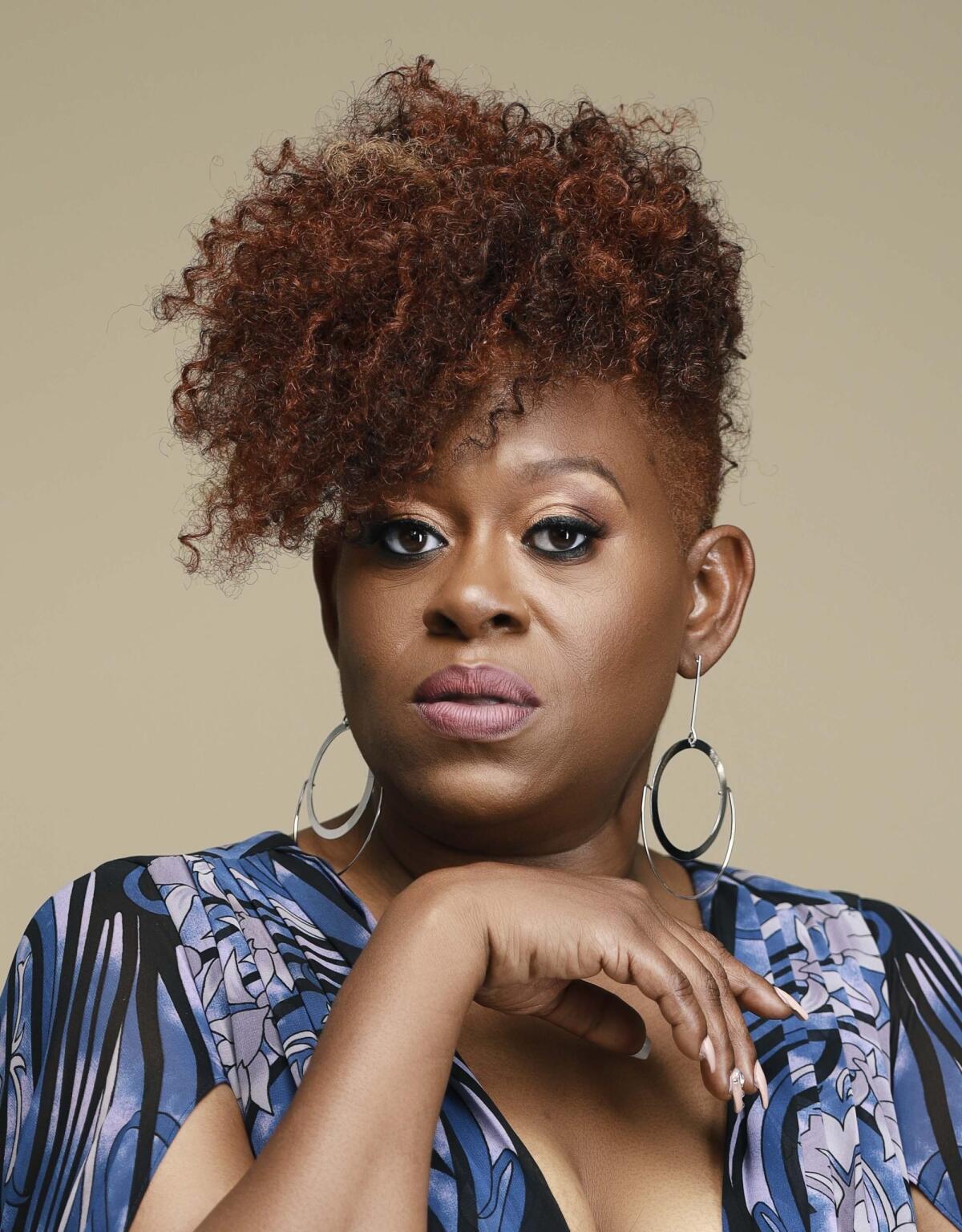Willie Mae “Big Mama” Thornton, “Elvis”
A year before “Elvis” began filming, music producer Dave Cobb gathered a group of Nashville gospel singers in a former church to record tracks for revival scenes that would prove formative to a young Elvis. Shonka Dukureh was one among many. “Then she started singing,” says Cobb, who’d never heard her before. “And immediately it became her church. Shonka was so magnetic, everyone started following her.”
They continued to follow her through more than 30 songs that day. “What was supposed to be something strictly made for the film became an actual church service,” Cobb says. “She was so sweet and humble, but when she opened her mouth, she just ripped the paint off the walls.”
Director-co-writer-producer Baz Luhrmann was in the room as well. “Without exaggeration, she became this central spiritual force in that group,” he says. A year later, composer Elliott Wheeler suggested Dukureh for the brief onscreen role of legendary rock ‘n’ roll pioneer Willie Mae “Big Mama” Thornton, and Luhrmann immediately agreed.
In her film debut, Dukureh takes a drink, slams it on the bar, opens her mouth to roar, “You ain’t nothing but a hound dog,” and in the street below, a young Elvis looks up and sees the light. “She did that scene over and over and over, every single time as if it was the first time,” Luhrmann says. “It’s so visceral and soulful, it just rocks. You can see why Elvis was so attracted to that.”
Tragically, what should have been a celebration of a breakthrough performance has become a farewell. Dukureh died July 21 at 44. (The medical examiner’s report cited hypertensive and atherosclerotic cardiovascular disease.) Luhrmann says of the cast and crew, “Every single person was knocked down. Shonka was an extraordinary person. They don’t come along every day, people who can actually affect any group they’re in in the way in which she did. She’s left a legacy behind.”
In a Facebook post a few weeks before her death, Dukureh wrote, “… it is my heart’s desire to be truthful, my most real authentic self. Working on it daily. If you’re sitting somewhere wondering when, if, folks will get you, just keep on keeping on, the right folks will.”











